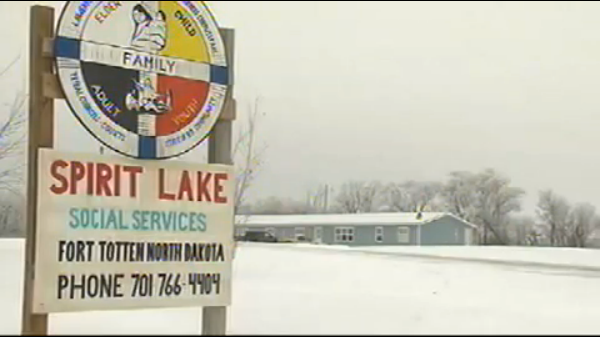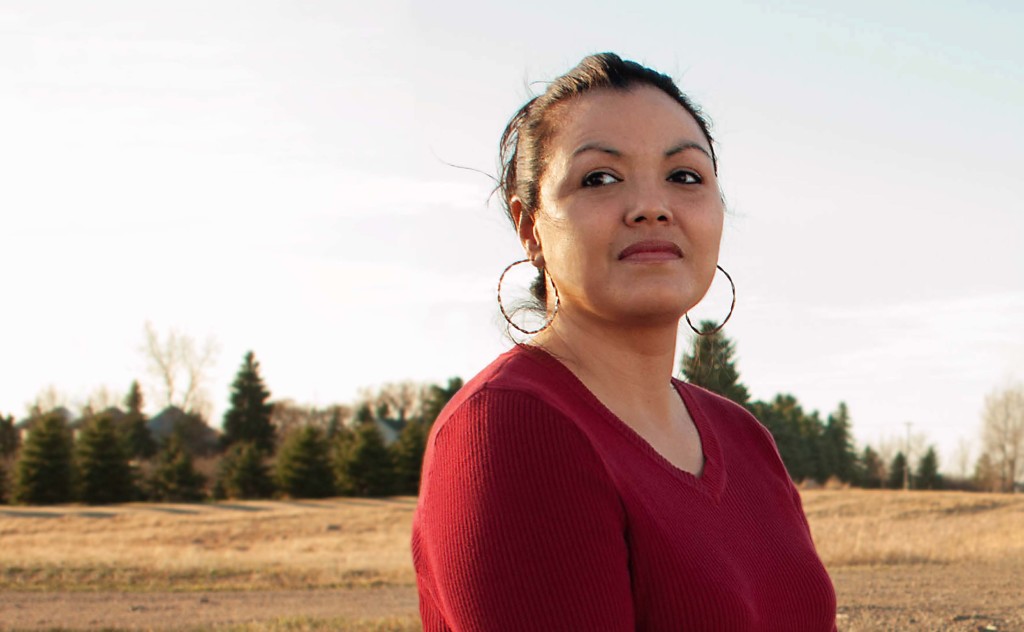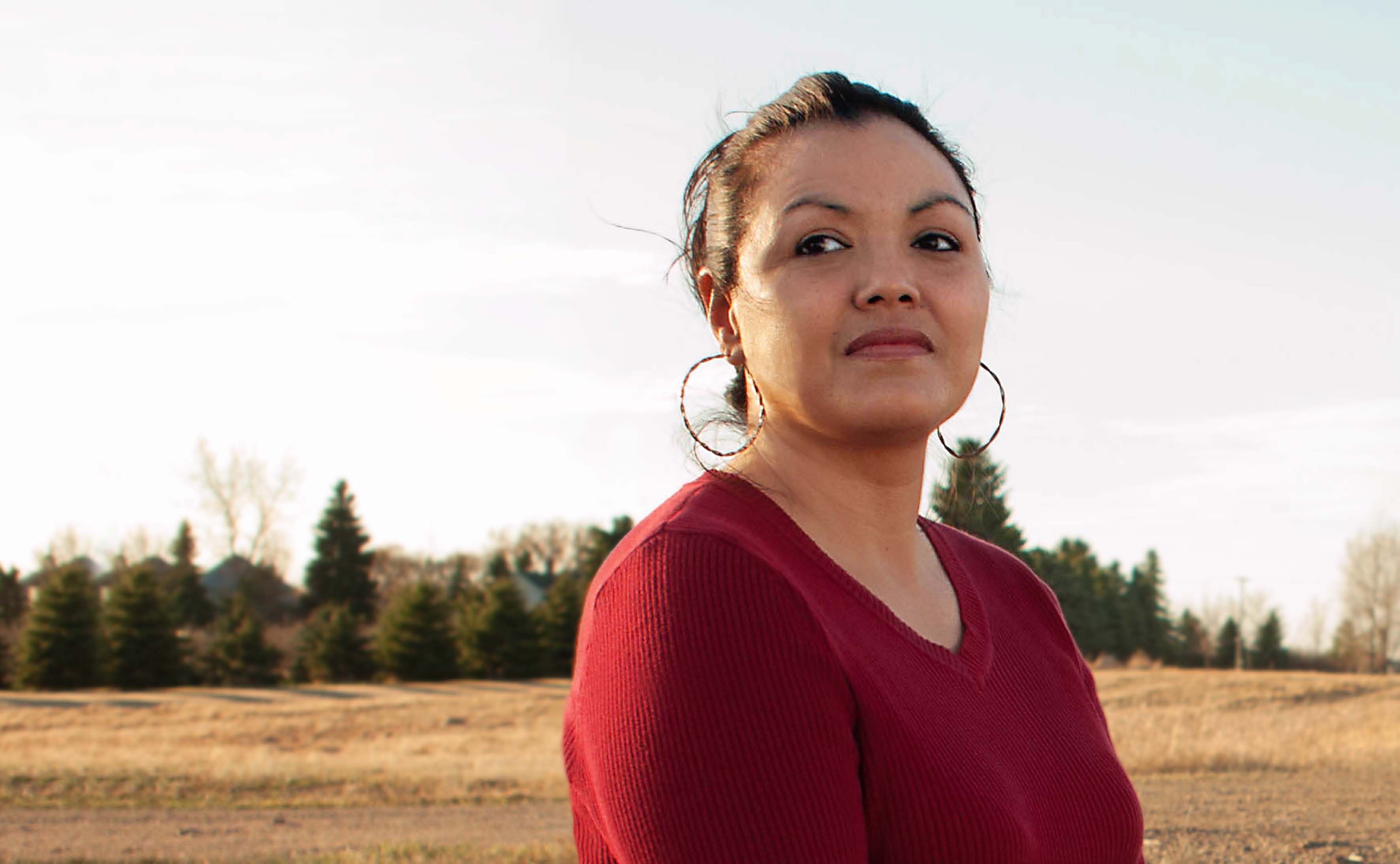Spirit Lake Nation Elders Vote to Oust Tribal Council

April 12, 2013
Share
More than 30 Spirit Lake tribal elders took the unusual step of demanding new leadership on Thursday, angered by allegations of corruption and frustrated by ongoing reports of child abuse and neglect on this remote North Dakota reservation.
The Tribal Council is the elected governing body for the Spirit Lake Nation, a tribe of some 6,600 people. The tribe has been under scrutiny by federal officials since last year, when the government took control of the child welfare agency run by the tribe after it failed to adequately protect children from abuse.
At a hastily called meeting at the Spirit Lake casino, tribal elders vented their concerns about nepotism and corruption, and their worries about children on the reservation. In Native American tradition, elders are deeply respected older tribal members who offer advice and insight.
Spirit Lake has a five-member advisory body of elders, but they too have been ignored by the council, said Bernice Juarez, an elder who called the meeting, in an interview.
“The elders have sat back quietly for so long,” she said. “We go up there and try to talk to the council, but they just push us aside. They just want to rule.”
The meeting came a day after a council member, Clarice Brownshield, went public with corruption allegations against the council. She showed a local news outlet documents that showed that Roger Yankton, the tribal chairman, had signed checks for thousands of dollars to tribal members that Brownshield said hadn’t been approved by the council. She said he’d also given money to his relatives even though they weren’t enrolled in the tribe.
When the elders gathered on Thursday at the Spirit Lake casino — only those 55 or older were allowed in — nearly everyone voted to remove the council, with only two abstaining, according to Juarez and another person who was at the meeting.
A local news station captured part of the meeting, which showed several elders, mostly women, speaking out against the council.
“I’m actually ashamed to say that I’m a member of the Spirit Lake tribe,” said one.
“I think this has to be the worst it’s ever been,” another added.
“Let’s stand up and let’s get rid of them, put some new ones in there that will understand us, and listen to us!” said a third.
The vote happened while the five-member Tribal Council was out of town. Juarez said that she had filed an injunction in court on Friday to keep them away from their offices and computers until a new council can take over.
Juarez said she expects the council will challenge the vote. But the elders believe they have legal grounds to remove them. According to the tribe’s bylaws, the council must hold a general meeting for the tribe monthly, but there hasn’t been a meeting in more than five months, Juarez said. Juarez and the other elders were meeting on Friday with a representative from the federal Bureau of Indian Affairs about what to do next.
Messages left on Yankton’s cellphone went unreturned. Other tribal council members also didn’t answer their cell phones.

Related Documentaries
Latest Documentaries
Related Stories
Related Stories
Explore
Policies
Teacher Center
Funding for FRONTLINE is provided through the support of PBS viewers and by the Corporation for Public Broadcasting, with major support from Ford Foundation. Additional funding is provided the Abrams Foundation, Park Foundation, John D. and Catherine T. MacArthur Foundation, Heising-Simons Foundation, and the FRONTLINE Trust, with major support from Jon and Jo Ann Hagler on behalf of the Jon L. Hagler Foundation, and additional support from Koo and Patricia Yuen. FRONTLINE is a registered trademark of WGBH Educational Foundation. Web Site Copyright ©1995-2025 WGBH Educational Foundation. PBS is a 501(c)(3) not-for-profit organization.





















